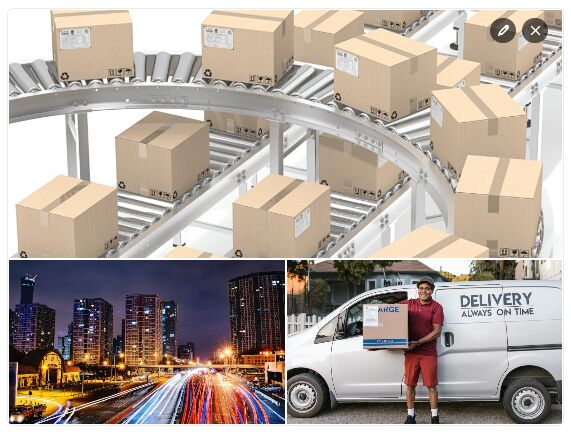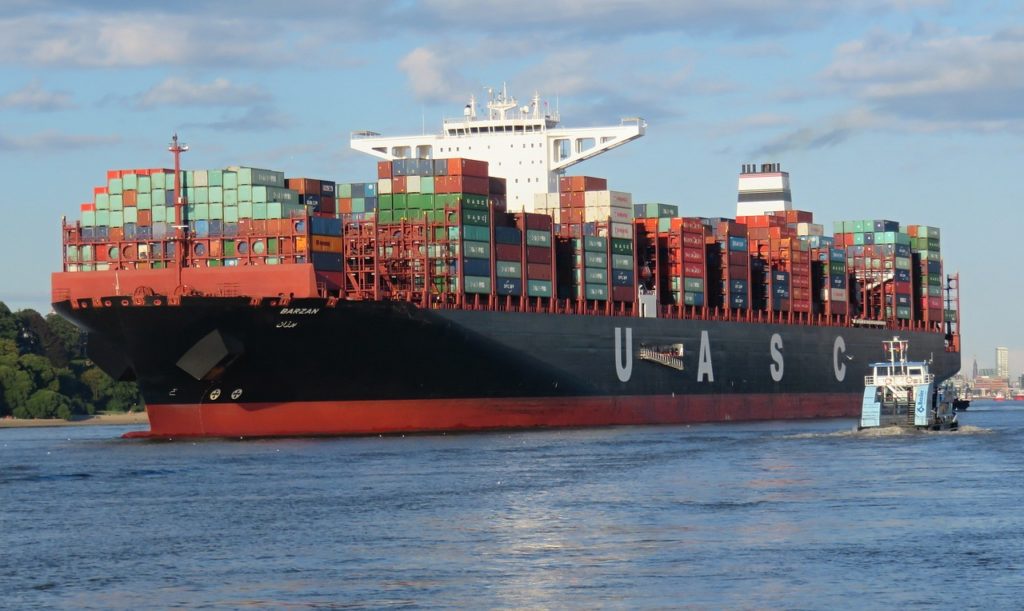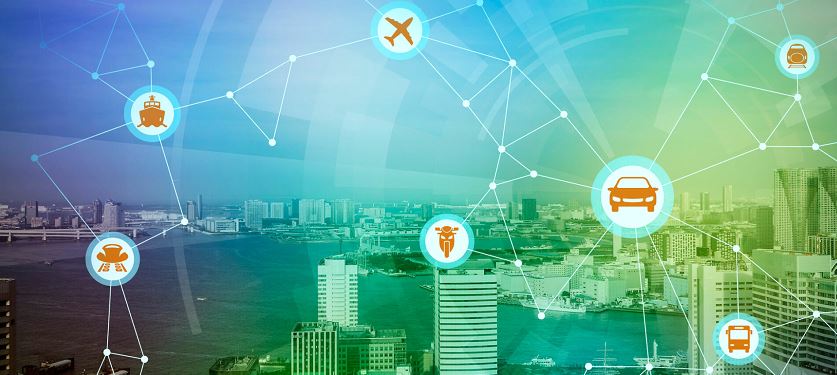
According to the Institute for Mobility Research in Berlin (IFMO), 18- to 30-year-olds have no interest in owning a car, due to a greater regard for the environment as well as a shift in needs and priorities. Public transport, carsharing services and UBER are the alternatives of choice. Grab a shared vehicle when you need one, take the tube when you don’t. The global car sharing market is expected to grow from 7 million members to a huge 36 million by the end of 2025. In response to changing mobility habits, some forward-thinking cities are digitalising their public transit systems and experimenting with on-demand offers. These pioneering cities include London, Shanghai and Singapore.
See the full article here: https://www.alphabet.com/en-ww/blog/5-fast-facts-about-sustainable-mobility

Check out this innovative solar powered camper van. It can drive up to 740 kms on a sunny day and travel up to speeds of 120kms per hour. When the sun isn’t shining it can be plugged directly into the grid.
Watch the video here: https://www.weforum.org/videos/students-in-the-netherlands-built-this-solar-powered-camper-van

Hong Kong’s Mass Transit Railway (MTR) has begun to use robots to enhance customer service. Five robots are currently being used, called ‘Finder-T’, ‘Guider-T’, ‘Checker-T’ and two types of ‘Cleaner-T’. Read the full article below:
https://www.railway-technology.com/news/hong-kong-mtr-to-use-robots-to-enhance-customer-service/

Norway is one of the countries leading the way in the green maritime revolution. One ambitious project is the Yara Birkeland – the world’s first fully electric, autonomous container ship. The emission-free ship will replace 40 000 road freight trips annually thereby reducing carbon emissions by 750 metric tons.
Find out more here:
https://www.investinbergen.no/news/the-norwegian-transport-sector-puts-climate-in-the-driving-seat/










